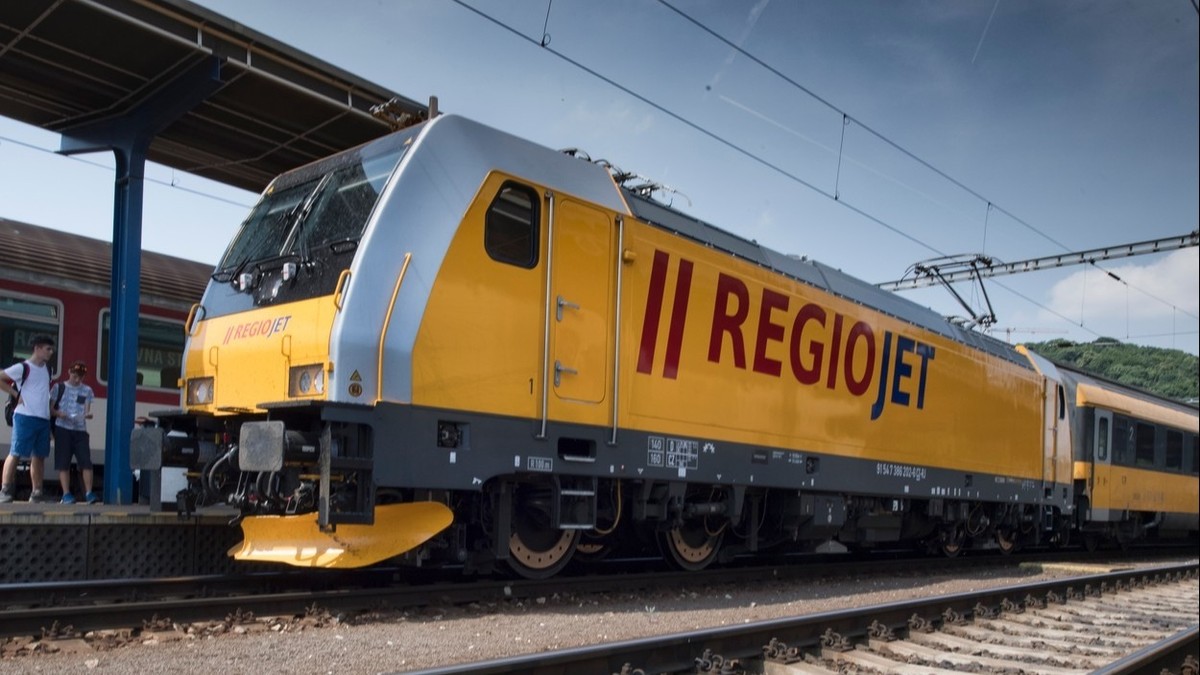Cassis left for New York on Tuesday morning. His arrival was scheduled for 7.35 p.m., as the EDA informed at the request of the Keystone-SDA news agency. On Wednesday night, Swiss time, the Federal President will appear at the conference and give his speech.
In it he wants to present a concrete package of measures to the conference on the review of the nuclear non-proliferation treaty. This provides for “decisive partial steps” for nuclear disarmament. The corresponding Stockholm Initiative was launched in 2019 by 16 countries, including Switzerland.
Switzerland wants to work “for new impetus in the implementation of existing agreements and for the negotiation of new agreements”, as the EDA wrote. Cassis therefore wants to call on the nuclear powers at the conference to take more decisive steps towards disarmament. Existing agreements would have to be implemented and new agreements negotiated.
In the run-up to the conference, the FDFA wrote that Switzerland wanted to advocate a rethink at the New York conference, “away from nuclear armament and the display of nuclear arsenals – back to the path of arms control and disarmament”.
In accordance with the Confederation’s foreign policy strategy 2020-2023, Switzerland attaches a key role to preventing the proliferation of nuclear weapons in maintaining peace and security in the world. According to the FDFA, Switzerland is committed to a world without nuclear weapons.
The Nuclear Non-Proliferation Treaty is the basis for nuclear disarmament worldwide. It bans the official nuclear powers USA, Russia, China, Great Britain and France from passing on nuclear weapons. Second, it aims to disarm the existing nuclear arsenal. Third, it allows all contracting states to use nuclear energy for peaceful purposes.
However, the disarmament of the nuclear arsenal is currently difficult and has come to a standstill, as the FDFA admits. The initial situation was made even more difficult by Russia’s military aggression against Ukraine. Critics speak of pure lip service from the nuclear powers.
The 191 States Parties to the Review of the Nuclear Non-Proliferation Treaty will meet in New York from August 1st to 26th. They do this regularly every five years. Around 13,000 nuclear warheads are still stored in the arsenal of the official nuclear powers USA, Russia, China, Great Britain and France – the five veto powers in the UN Security Council.
The treaty was signed in July 1968 by the USA, the former Soviet Union and Great Britain and ratified in 1970. Only India, Pakistan, Israel, South Sudan and North Korea are not members of the treaty today. With the exception of South Sudan, all of these countries are now also considered nuclear powers.
(SDA)
–


